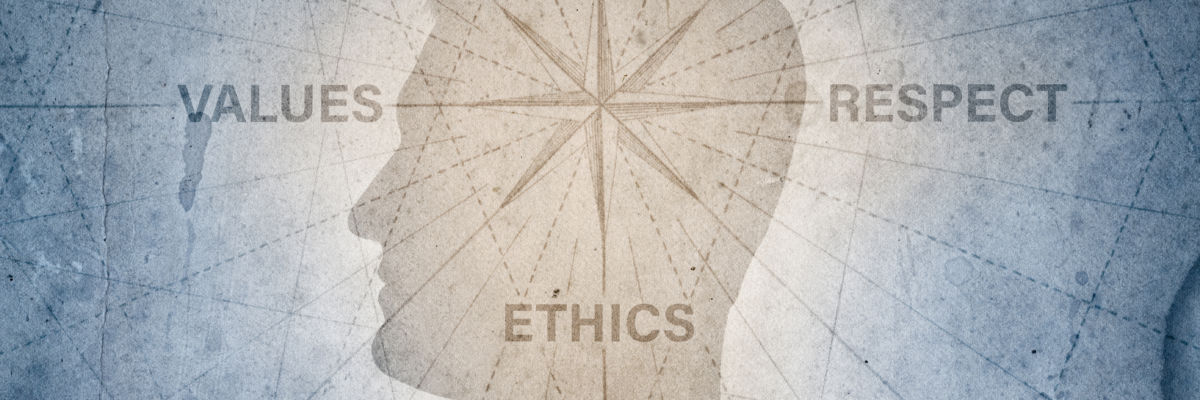
Question:
Answer:
First, it’s incorrect to assert that scientific and philosophical truths are discerned according to the same investigational methods.
Science, as defined and governed by the scientific method, is concerned strictly with the material world, whereas philosophy transcends the material. Philosophy literally means “the love of wisdom” (etymology: Greek, philein, to love + sophia, wisdom: philosophus). So philosophy, as Fr. John Hardon, S.J., summarizes in his Modern Catholic Dictionary, is the discipline “in which natural reason, apart from divine revelation, seeks to understand all things by a knowledge of their first causes.”
Thus, science, strictly speaking, cannot answer the great questions of life, e.g., “What is love?” or “What is the meaning of life?” Those are covered, in part, in the realm of philosophy, whereas science aids us to navigate more efficiently our everyday lives through various discoveries and improvements, e.g., regarding housing, transportation, and the related use of electricity and water.
One branch of philosophy is ethics, in which we determine moral truths. We can determine right and wrong based on the nature of a human person, who, apart from divine revelation, we can discern is made in the image and likeness of God (see Gen. 1:26-27). Because of the inherent dignity of a human person, we can rationally conclude that an innocent human person should not be murdered. In addition, including in part because the possibility of procreation is an outcome of sexual intimacy, we can rationally conclude that a man and woman who engage in such conjugal activity should be married, both for their children’s welfare as well their own in general.
Moral truths are also attained through divine Revelation, as the Ten Commandments (Exod. 20) and the Sermon on the Mount (Matt. 5-7) illustrate.
Finally, as even atheists will recognize, it’s not a coincidence that the scientific method was developed in Christian Europe:
One of these was a very medieval Catholic idea that the cosmos is a rational product of a rational mind—that of the Christian God—and so could and should be apprehended rationally. This is why logic was one of the very first things you learned in a medieval school and why carefully structured dialectical debate, ordered by the rules of logic, was how ideas were (vigorously) thrashed out in medieval universities. It also meant that the universe was seen to run on rational rules—if something could be observed to work today, it was going to work the same way tomorrow. That seems obvious to us, but that’s because we are heirs to this idea—it was not obvious to, say, the Chinese or to many Muslims in the same period.



